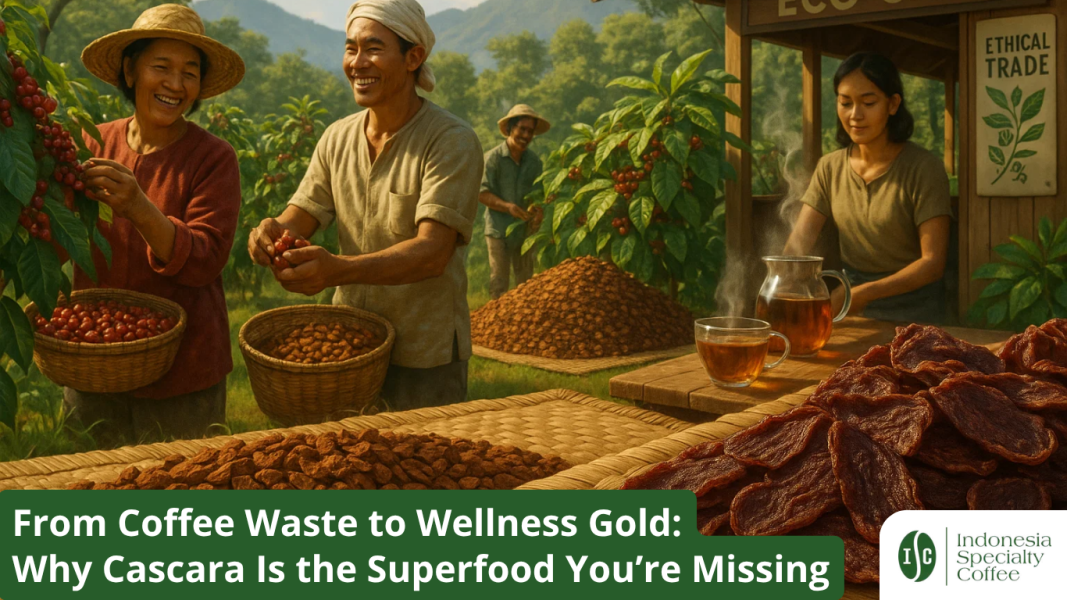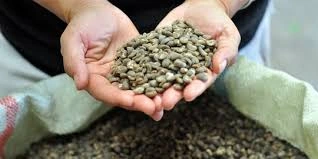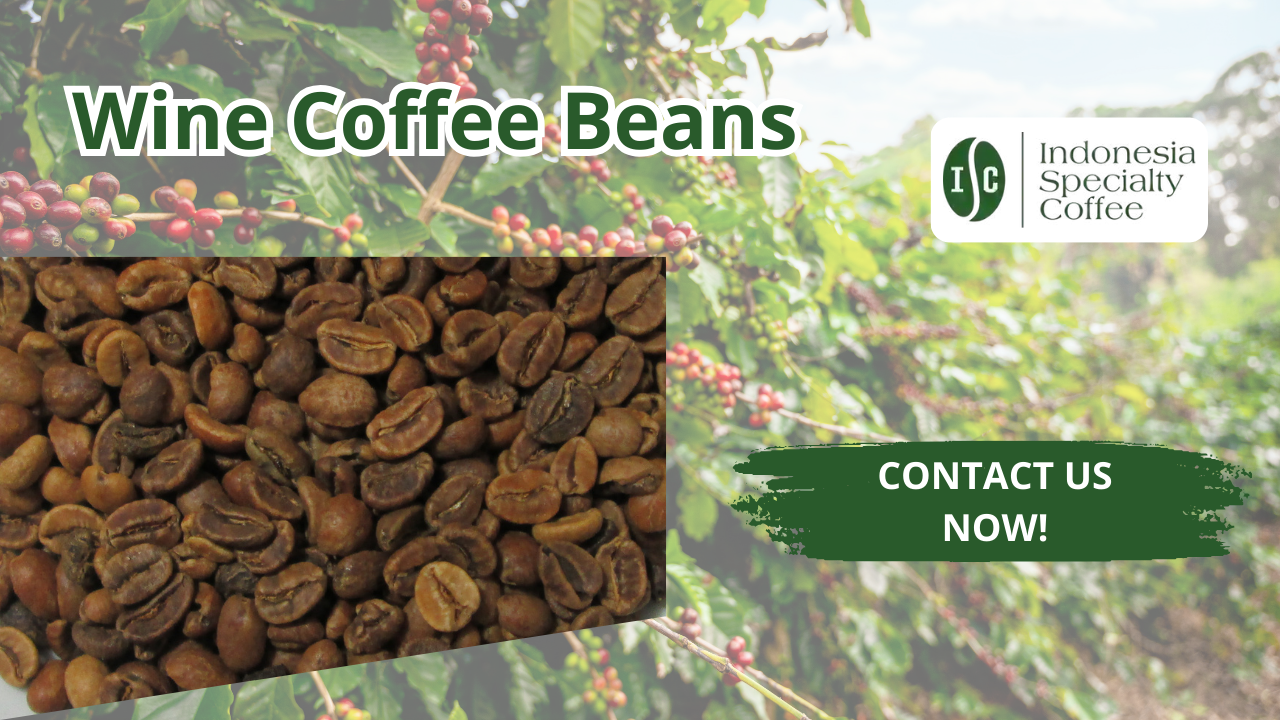What If the Coffee Industry’s “Trash” Could Transform Lives?
Imagine walking through a lush coffee plantation. The scent of ripe cherries fills the air, workers handpick each fruit with care, and somewhere nearby… piles of discarded coffee husks rot under the sun. That waste? It’s called cascara—and it might just be the most overlooked cascara superfood coffee in the wellness world today.
For decades, coffee farmers in places like Indonesia discarded this valuable byproduct, unaware that it’s rich in antioxidants, caffeine, and nutrients. But now, cascara is making waves in wellness circles, eco-business models, and even gourmet cafés around the globe.
What Is Cascara?
Cascara (Spanish for “husk”) is the dried skin and pulp of the coffee cherry—the part that surrounds the bean. It’s often discarded during coffee processing, even though it has a naturally sweet, fruity flavor and a powerful nutritional profile.
✅ It’s time we stopped calling it waste and started calling it what it is: a nutritional treasure.

Why Is Cascara Suddenly So Popular?
The global rise of cascara isn’t just a trend—it’s part of a bigger shift toward functional beverages and circular agriculture.
- Cascara contains polyphenols similar to those found in fermented coffee beans, boosting its potential as a healthy superdrink.
- As interest in environmentally sustainable coffee grows, cascara offers a real-world solution to post-harvest waste.

The Awareness Gap: Farmers Are Missing Out
A 2020 study in Jember, Indonesia revealed that over 96% of farmers didn’t know what cascara was—despite Indonesia’s central role in the specialty coffee movement.
That disconnect reflects a much bigger challenge: how do we bridge the knowledge gap between innovation and the people growing the crop?
Is Cascara Safe?
Yes. According to the EFSA, dried coffee husk from Coffea arabica is safe for human consumption in infusions—similar to how コーヒー生豆 are increasingly used for non-traditional health brews.
How to Enjoy Cascara at Home
Here’s how you can bring this forgotten fruit into your life:
- Hot Cascara Tea: Steep 5g in 200ml of water for 5–7 minutes.
- Cold Brew Cascara: Brew overnight in the fridge, serve chilled.
- Cascara Syrup: Use it in mocktails, lattes, or drizzle over pancakes.
From natural energy to antioxidant benefits, cascara superfood coffee offers a delicious and functional alternative to traditional brews.
The Sustainable Future of Cascara Coffee as a Superfood
From soil enrichment to sustainable beverages, cascara is part of the broader circular economy in coffee farming. Innovations like fermented cascara compost are helping farmers reduce waste and increase profitability.
Final Thoughts
Cascara is more than a trend. It’s a signal. A sign that the coffee world is moving toward more sustainable, ethical, and health-forward practices. The sooner we tap into cascara’s full potential, the sooner we help both consumers and producers thrive.
Have you tasted cascara or tried to brew it yourself? Share your experience and help spread awareness of this game-changing coffee fruit.








